Clothespin Currency – Time Management
There is a lot of time management advice out there. Books, podcasts, videos, blog posts – allllll the things telling you how to manage your time.
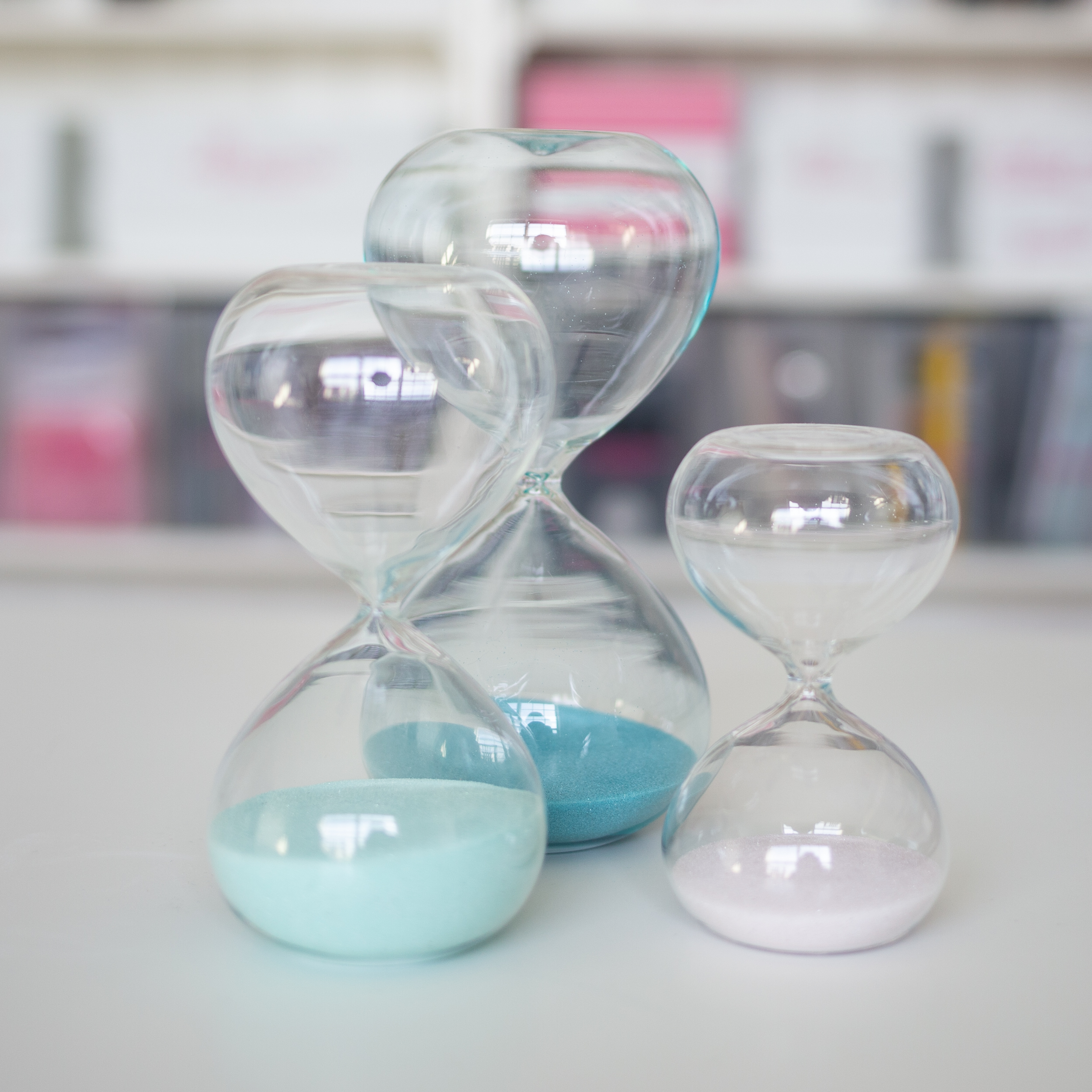
If you’re like me, you’ve probably read and listened and watched, trying to get a handle on how you can cram more into your day. And, if you’re like me, all the “expert” advice may have left you feeling a bit flustered and frustrated.
Comparison is a dangerous game, but you know how it goes. You see someone who homeschools 10 kids, works full time, runs a small side business, and volunteers on the City Council and they seem to have it all together. Then you look at yourself and wonder why you can’t be like them. After all, you’ve heard it said, “We all only have 24 hours in the day.”
Annnnnnd, let’s stop right there.

That statement, “We all only have 24 hours in the day,” is my single biggest pet peeve in the time-management-advice-giving-world.
So yes, technically speaking, since the beginning of time all days have only ever had 24 hours. That is an objectively true statement.
But it is NOT true that we all have the same resources or the same energy. And by energy, I don’t just mean physical energy (although that is certainly a component!) There’s also mental energy. What is required of you from your mind just to carry out your daily activities?
This is where my Clothespin Currency comes in. You can check out my video here, or just keep reading!
You have a finite amount of space in which to hold your mental energy. Let’s think of that space like a jar, and let’s think of your mental energy like a bunch of clothes pins.
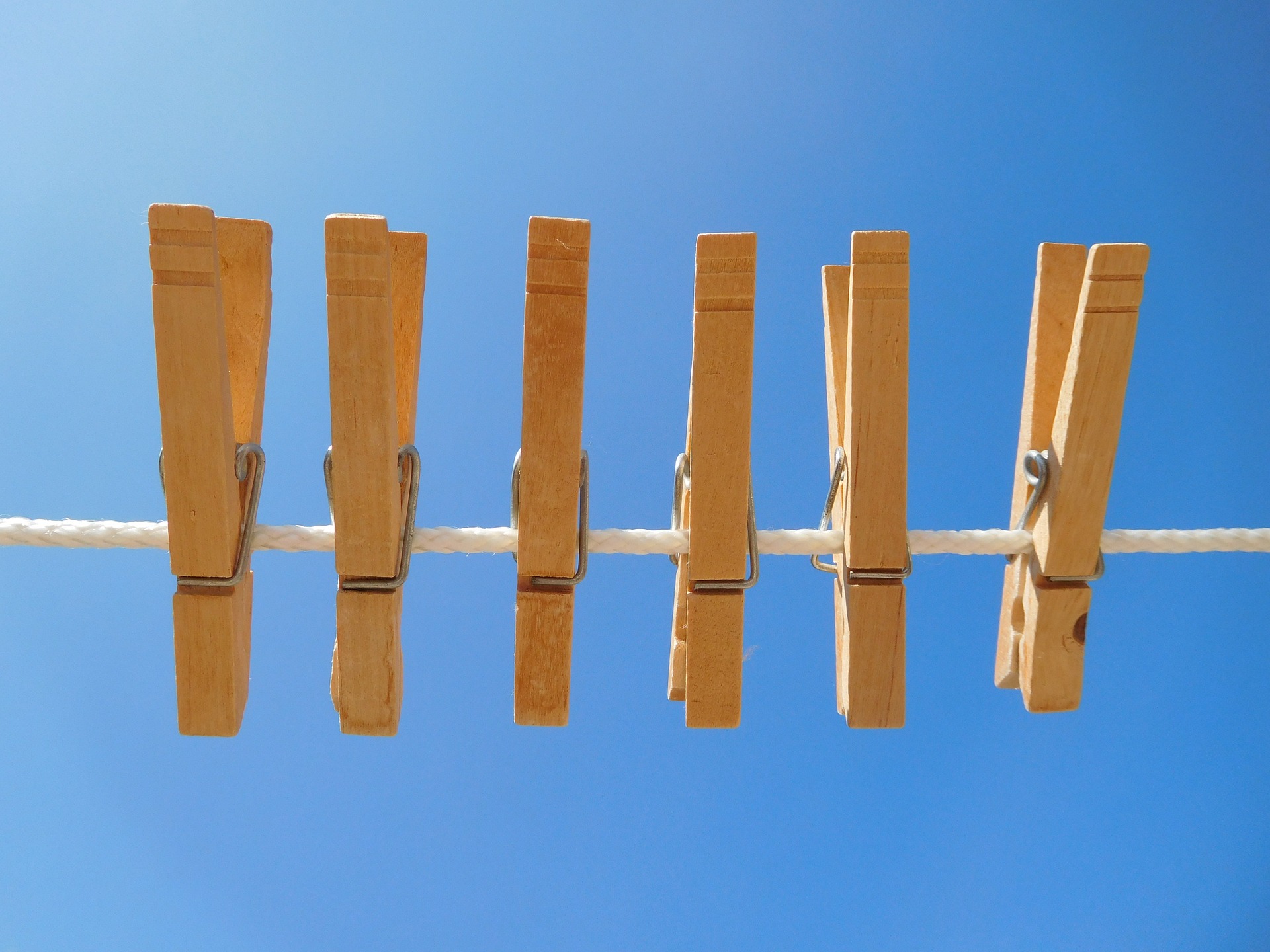
Now, think through what may be taking up space inside that jar. Maybe you just bought a house, or you’re planning renovations on the house you have – that definitely takes a clothes pin or two. Maybe you have a mild chronic health problem – that’s another clothespin, but if your chronic health problem causes daily pain that’s gonna take two or three more clothespins. Got kids of any age? That’s definitely a clothespin, but if one of them needs extra attention right now either from a health problem they’re experiencing, or simply because you’re putting a lot of thought in how to best guide them through life, that’ll take another one. Got any big life decisions coming up like, “Should I quit my job?” Add another two or three clothespins. Oh! And the start of a new school year and new routines definitely takes a clothespin.
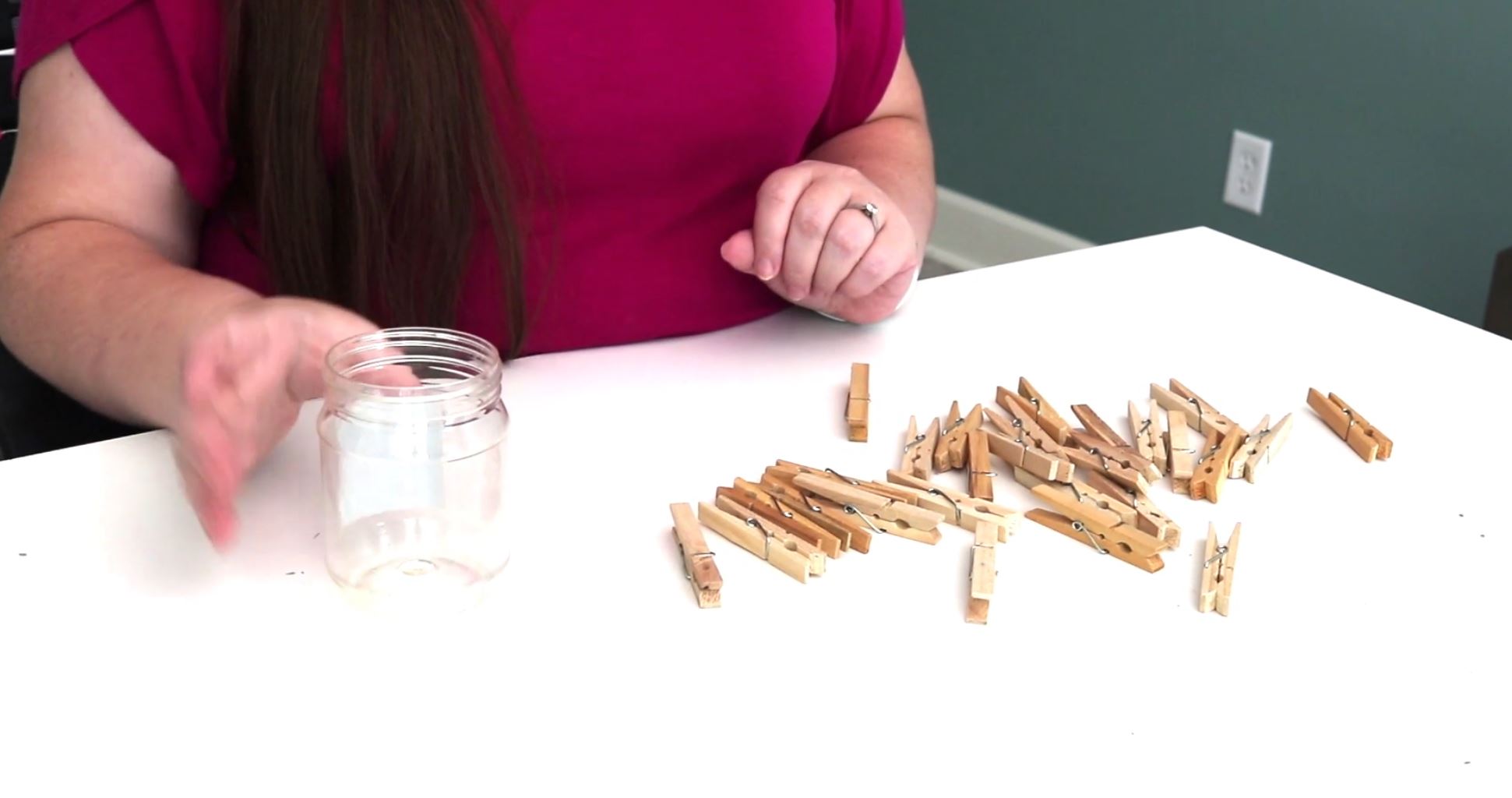
Look how full the jar has gotten before even getting to some of those “wish list” items like volunteering for City Council or always having a tidy home.
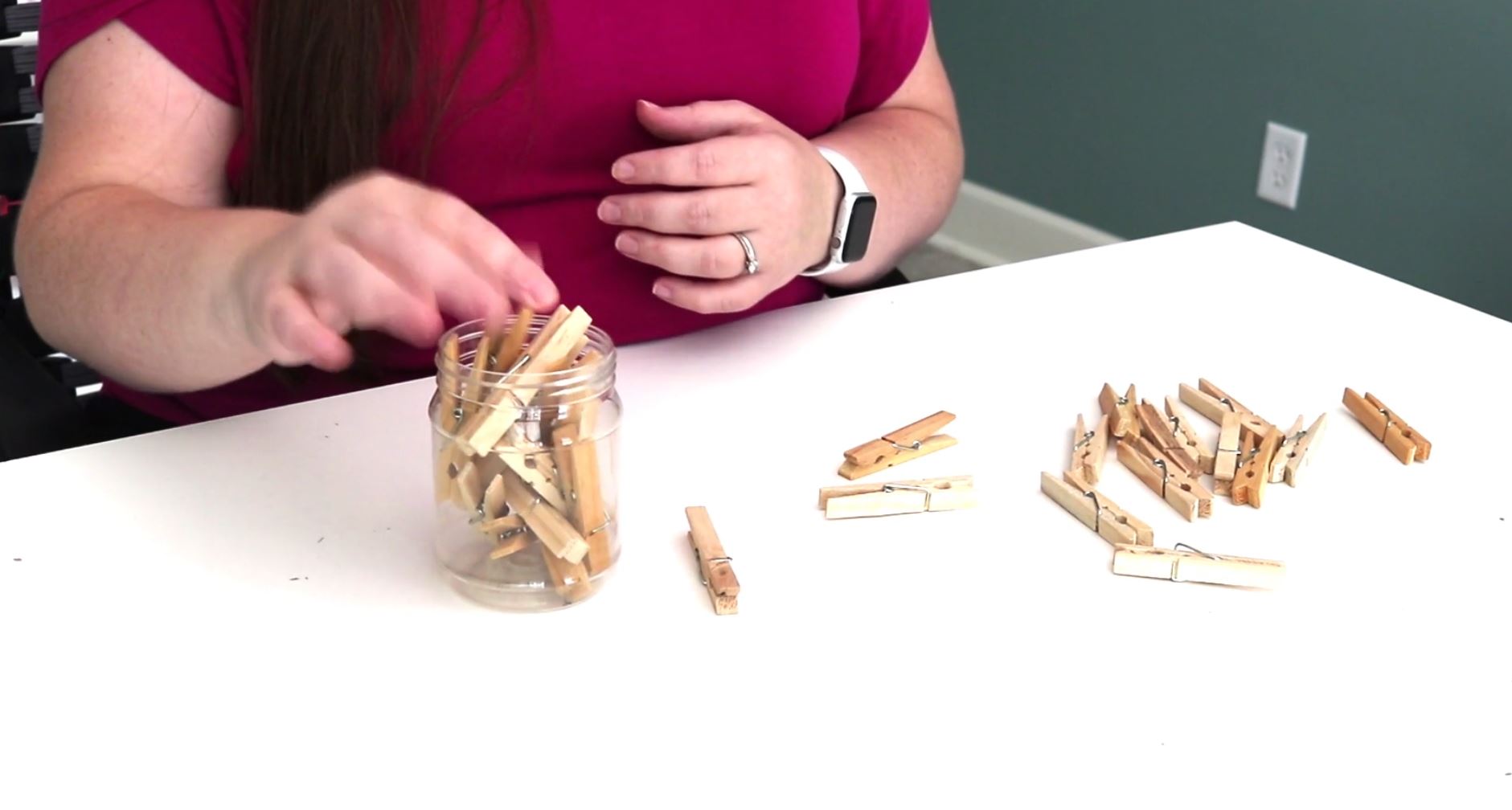
And, let me tell you something from experience. If you just try and stuff more clothespins into an already full jar, it’s not going to work. Clothespins are going to start falling out the bottom.
Now, on the other hand, perhaps you’re in a pretty stable season of life. You’re settled in your home, you have no major life decisions coming up, no chronic health problems – well, you probably can add in some of those others things on your wish list.
And that right there explains why different people can get different amounts of things done. If you’re playing the comparison game and wondering why you can’t “accomplish as much as they do” perhaps you’re simply not give yourself credit for what you actually are accomplishing.
And, to take it a step further, it also explains why there are times in your life when you’ve been able to juggle a lot of commitments and “extra” things, and times where you’ve felt like you’re barely keeping up.
So this is great and all, but how does it help in the day to day?
Well, for one, just understanding this concept will give you more peace and mind, and will give you a helpful framework to use to process the world.
When you start viewing the world through the lens of this clothespin currency, you’ll be able to give yourself the credit you deserve. When you recognize how much mental energy the things you are juggling right now require from you, you’ll also realize that it’s unrealistic to expect yourself to be able to add in a bunch more and stay sane. This framework gives you permission to let go of the guilt – because that guilt will quickly start eating up clothespins, and it will in fact work against you and make it even harder to get things gone.
And lastly, there is some benefit in thinking about ways you can remove some clothespins. You might have some commitments that really aren’t serving you that you’re able to simply quit. If you’re able to declutter your time, then definitely do so!
But you may have decluttered your time as much as you possibly can. Think of other ways that you can reduce the energy that things require. The number one way you can do that is by making your everyday tasks a habit. If you feel like the laundry, the dishes, and keeping the house in order is taking a bunch of energy, focus on making those tasks a daily habit.
It won’t happen overnight – forming new habits definitely takes time and daily self discipline. But as you continue to do it day, after day, after day (sometimes for 20 days, and sometimes for 200 days!) it eventually becomes second nature. In time, you’ll be able to remove clothespins for those habits you formed that are just “what you do” rather than something that takes a lot of mental energy.
I hope this concept has been eye-opening to you! If this framework sounds like something that would be beneficial in your current season of life, be sure to check out the Get Organized HQ Planner! This planner was designed to help you form good habits so you can have more mental energy for the things that matter most!

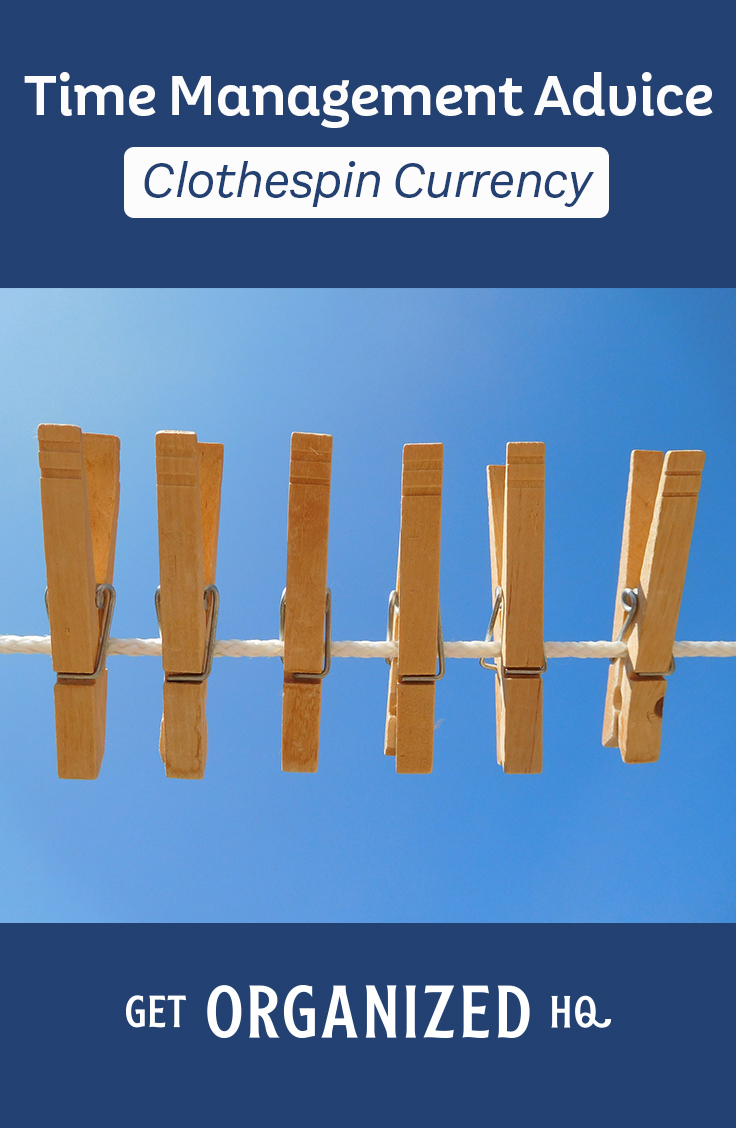
Organization that actually sticks for busy, happy lives.


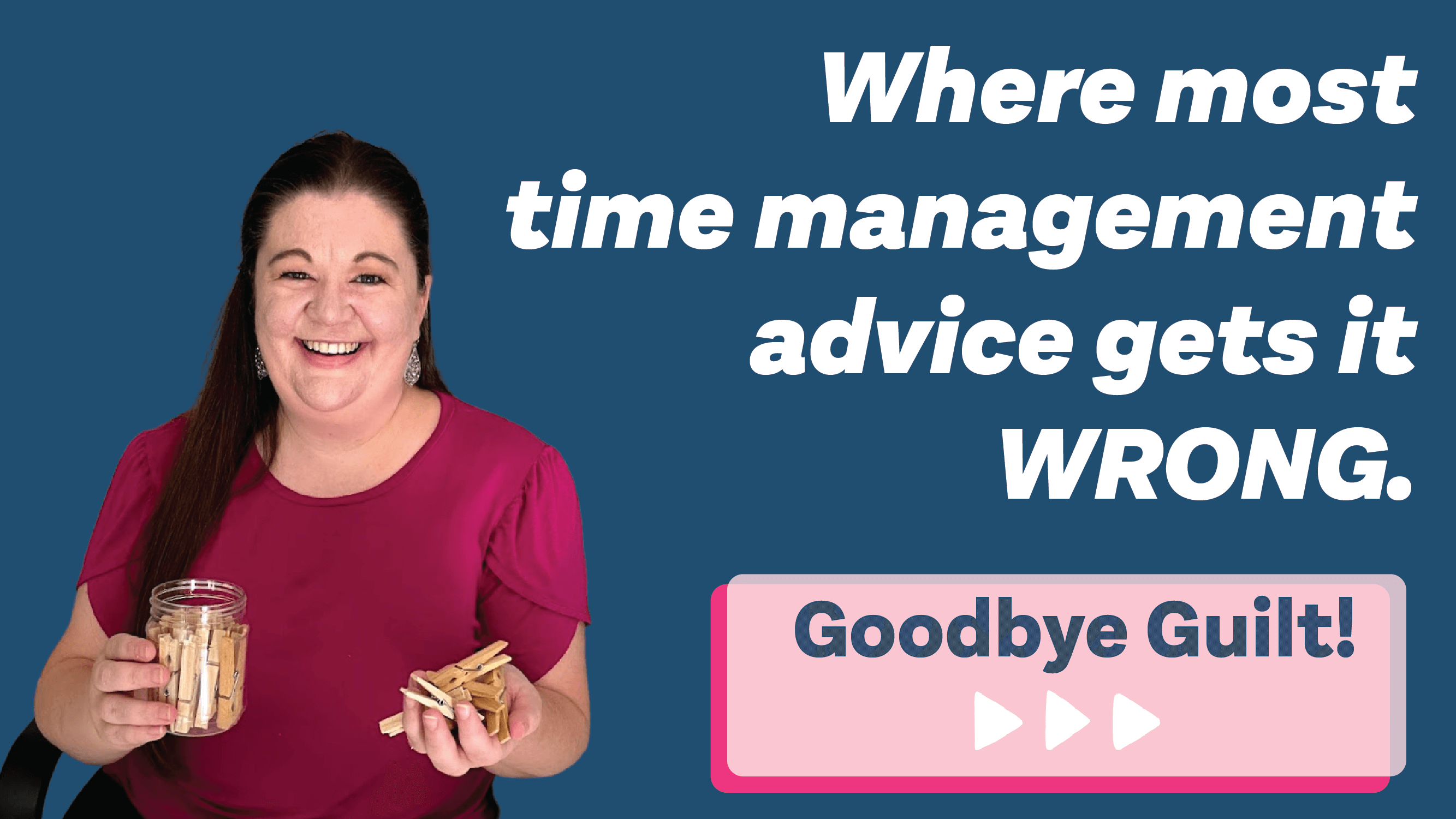
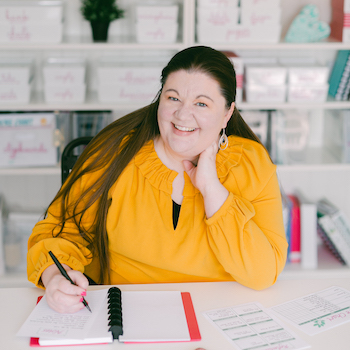

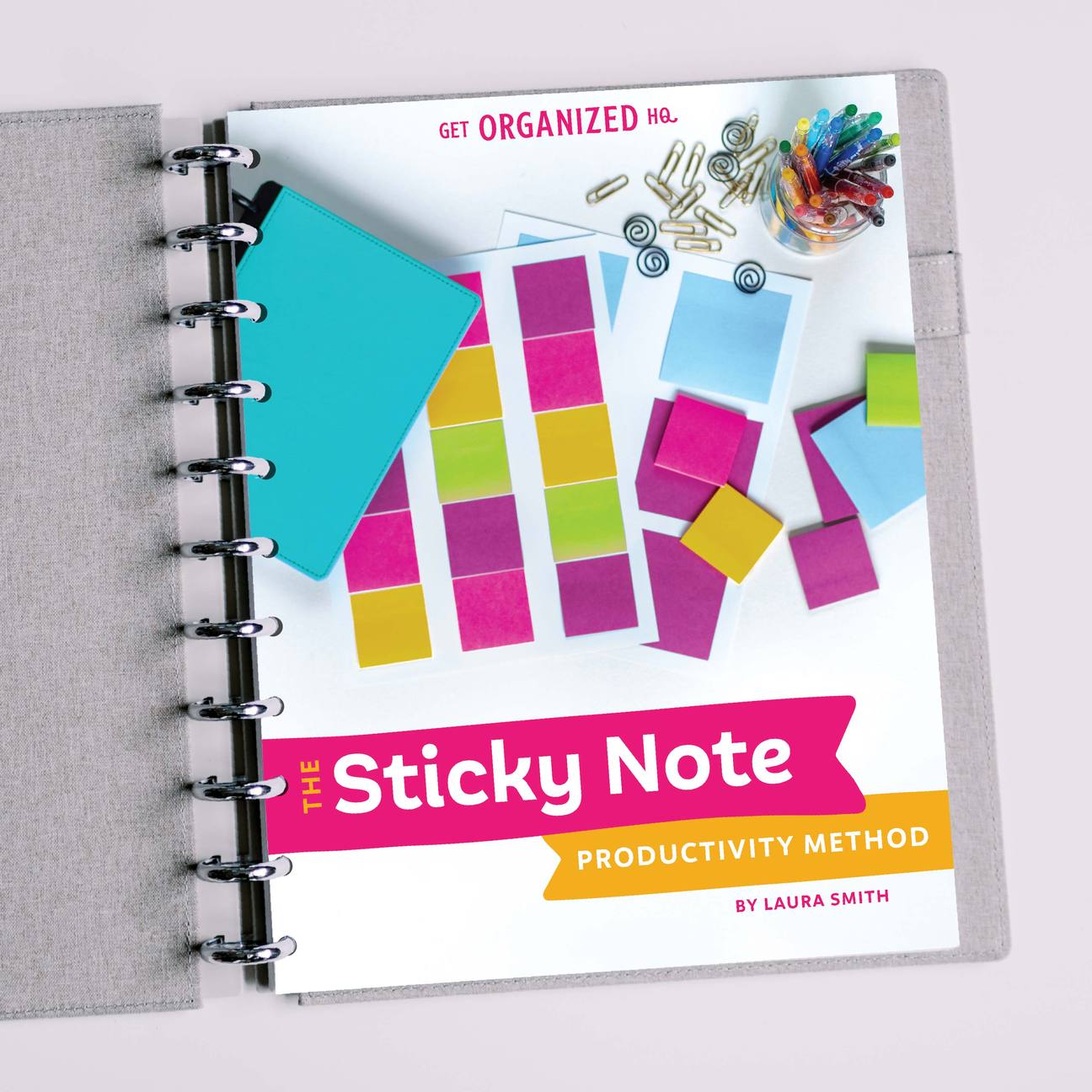


 Copyright 2025, Get Organized HQ.
Copyright 2025, Get Organized HQ.
Tor Says
Hey, this is pretty much the same as spoon theory. Have you heard of it? I like both of them. Very visual & helpful. Thank you.
Kat Says
This concept has a lot of crossovers with Spoon theory and I enjoy it a lot. As someone with several physical and mental health struggles, it is always nice to be reminded to be a little more gentle on myself when I struggle to do the things I want. Thanks Laura!
MARIA WOJTCZAK Says
That was an amazing way to look at things. Just so helpful for those of us who are struggling with things that are not visible on the outside, the mental challenges that take space in our minds. Thank you so much for that.